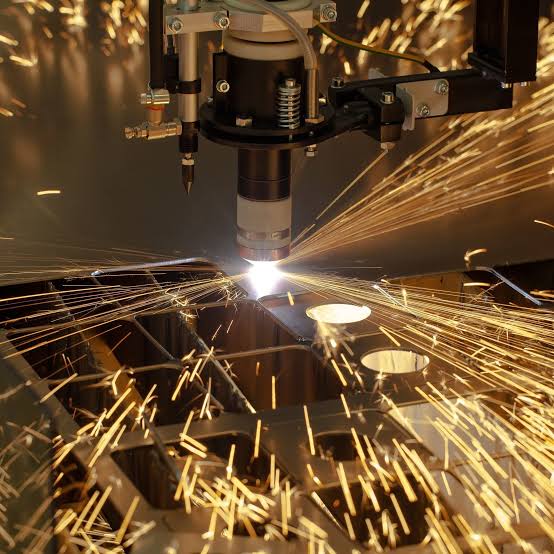Many businesses prioritise improving product quality to stand out in the marketplace. Bespoke manufacturing provides an effective route to achieve this, offering tailored solutions that cater specifically to a company’s unique needs. Through a more customised approach, businesses can ensure better quality control, foster innovation, and consistently deliver products that meet customer expectations, and here’s how.
Benefits of Bespoke Manufacturing for Quality Improvement
Bespoke manufacturing provides several advantages that directly affect product quality. Companies gain greater control over the materials and processes by engaging with dedicated manufacturers, such as rubber manufacturers. This level of collaboration ensures that all production elements align with specific quality standards. Close relationships with manufacturers lead to better communication and understanding, allowing for adjustments that enhance durability, reliability, and overall performance.
Customisation: A Key to Superior Product Quality
Customisation is central to improving product quality. This involves creating products tailored to specific requirements by adjusting dimensions, selecting particular materials, or fine-tuning the manufacturing process. Partnering with specialised rubber manufacturers in the UK allows companies to customise rubber components to exact specifications. The result is a product that performs optimally under intended conditions, minimising the chances of failure or defects. Customisation also fosters a deeper understanding of the product’s purpose and market needs, guiding design choices that elevate quality.
Leveraging Flexibility in Manufacturing Processes
Another advantage of bespoke manufacturing is flexibility within the manufacturing process. It allows businesses to modify production lines swiftly to adapt to new requirements or changes in demand. Adjustments can include altering materials, refining techniques, or incorporating new technologies. Companies that work with experienced partners like Walker Rubber gain access to a wide range of bespoke options that can be tailored to specific needs. Flexibility like this is vital for maintaining high-quality standards and ensuring the production process remains adaptable and efficient.
Reducing Defects and Enhancing Consistency
Minimising defects and maintaining consistency are crucial for any manufacturing operation. Bespoke manufacturing enables a focus on precision and thorough quality checks throughout production. By closely monitoring each stage, potential issues are identified and resolved before they affect the final product. This approach leads to fewer defects and higher levels of consistency across all product batches. Working with reliable rubber suppliers specialising in bespoke solutions can further strengthen this process, helping maintain the highest quality levels and reducing wastage and recalls.
How Bespoke Manufacturing Supports Innovation and Design
Bespoke manufacturing is not only about quality but also about encouraging innovation. It allows businesses to experiment with different materials, techniques, and designs without the constraints of mass production. This freedom opens the door to new ideas leading to market differentiation, such as collaborating with partners that offer access to bespoke manufacturing solutions that align with a company’s innovation goals. This enables the creation of products that are both unique and of the highest quality. The ability to innovate effectively often results in products that outperform competitors and resonate more strongly with customers.
For companies committed to improving product quality, bespoke manufacturing provides a clear path forward. Through greater customisation, flexibility, and collaboration with specialised manufacturers, businesses can develop superior products that meet market demands and stand the test of time. Choosing bespoke manufacturing options supports quality improvement and drives innovation, setting companies apart in their respective industries.




